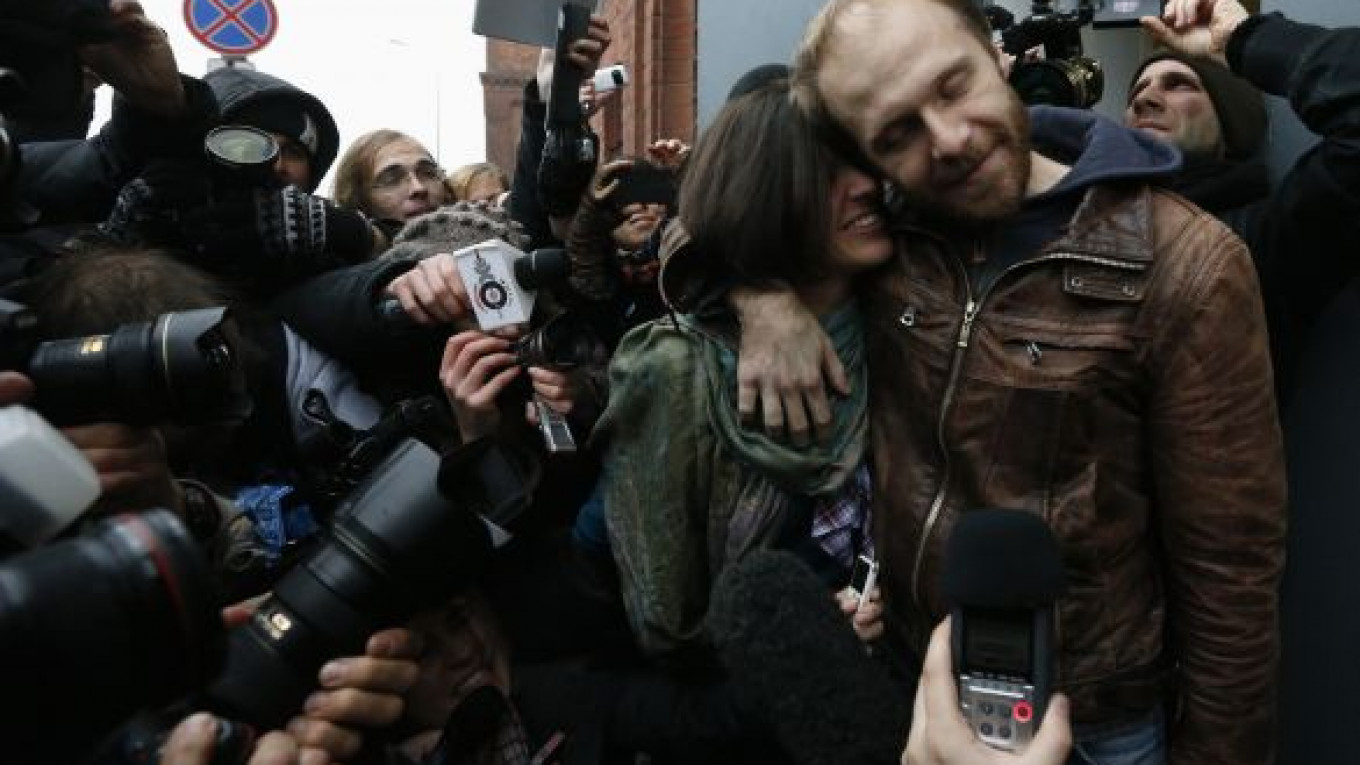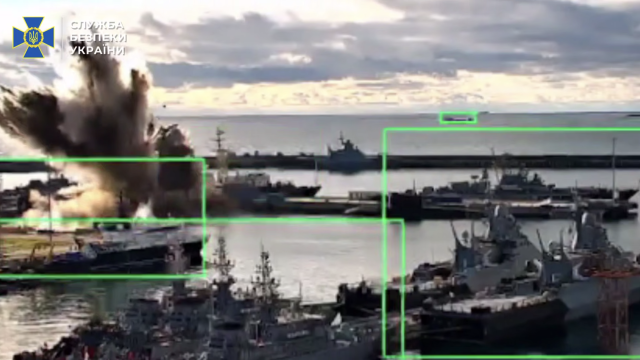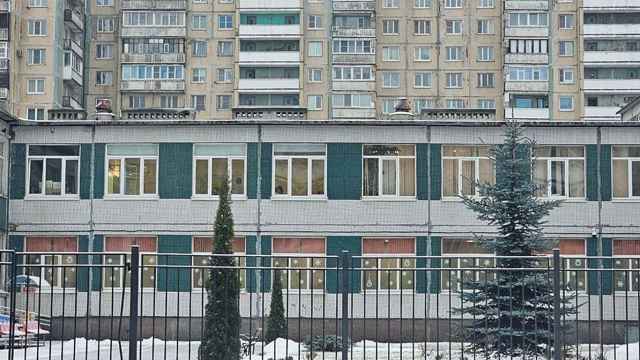United Nations Secretary-General Ban Ki-moon appealed to Russia on Thursday to show leniency toward 30 people arrested during a Greenpeace protest against Arctic oil drilling, saying environmentalists played an important role in society.
President Vladimir Putin said the activists had acted wrongly and endangered lives. But seven have now been released on bail after two months in custody and most of the others have been granted bail.
Freelance photographer Denis Sinyakov hugged his wife after his release and Yekaterina Zaspa, the doctor on the Greenpeace icebreaker used in the protest, embraced her husband.
"I am not guilty, and there is no crime in people organizing peaceful protests," Sinyakov, 36, told reporters outside a court in St. Petersburg.
In Warsaw, UN chief Ban told Reuters that not only the government and business "make this world move."
"A very significant part is now shared by civil society, including Greenpeace," he said while attending a climate conference. Russia ''may have their own domestic rules and regulations but I would hope that they would have some favorable and sympathetic considerations for this case."
At a meeting in Moscow with writers, Putin said protecting the environment was a noble goal but the ends did not justify the means. During the protest, some of the activists tried to scale state-controlled Gazprom's Prirazlomnaya rig.
"Is their cause noble? Yes, it is noble. Did they do the right thing when they climbed the platform? No, they did the wrong thing," Putin said in televised comments.
The activists could have caused an accident by distracting the platform's operators, Putin said.
"And in addition to all that, we had divers under water at the time, and their lives were in real danger," he added.
The activists were initially charged with piracy and faced up to 15 years in jail over the Sept. 18 protest.
Putin said a week after the protest that the activists were clearly not pirates and investigators changed the charge to hooliganism, which carries a maximum sentence of seven years.
They had been denied bail until hearings this week to decide whether they should be held for another three months. By Thursday, courts had granted 26 of the 30 bail and ruled that one, Australian Colin Russell, can be held until Feb. 24.
The rulings follow criticism of Putin over what has widely been seen in the West as the harsh treatment of the activists. Kremlin opponents see it as part of a clampdown on perceived threats during the six-year third term he won in March 2012.
Any activists held through Feb. 24 will be in custody during the Winter Olympics which Russia will host in the Black Sea report city of Sochi. Putin has staked a lot of political prestige on hosting a successful Games.
Andrei Allakhverdov, 50, a spokesman for Greenpeace Russia, said after his release that he had "absolutely no regrets." He said the first thing he wanted to do was have a shower.
Those released on bail include citizens of Brazil, New Zealand, Ukraine, Canada, Turkey and Britain.
Greenpeace said it was not clear how much their movement would be restricted and whether they would be allowed to leave Russia. Courts have set bail at 2 million rubles ($61,100).
Greenpeace, which says its protest was peaceful and the charges unfounded, is concerned that drilling for oil in the Arctic threatens the environment. Putin has said development and shipping there are important to Russia's economy and security.
A Message from The Moscow Times:
Dear readers,
We are facing unprecedented challenges. Russia's Prosecutor General's Office has designated The Moscow Times as an "undesirable" organization, criminalizing our work and putting our staff at risk of prosecution. This follows our earlier unjust labeling as a "foreign agent."
These actions are direct attempts to silence independent journalism in Russia. The authorities claim our work "discredits the decisions of the Russian leadership." We see things differently: we strive to provide accurate, unbiased reporting on Russia.
We, the journalists of The Moscow Times, refuse to be silenced. But to continue our work, we need your help.
Your support, no matter how small, makes a world of difference. If you can, please support us monthly starting from just $2. It's quick to set up, and every contribution makes a significant impact.
By supporting The Moscow Times, you're defending open, independent journalism in the face of repression. Thank you for standing with us.
Remind me later.






